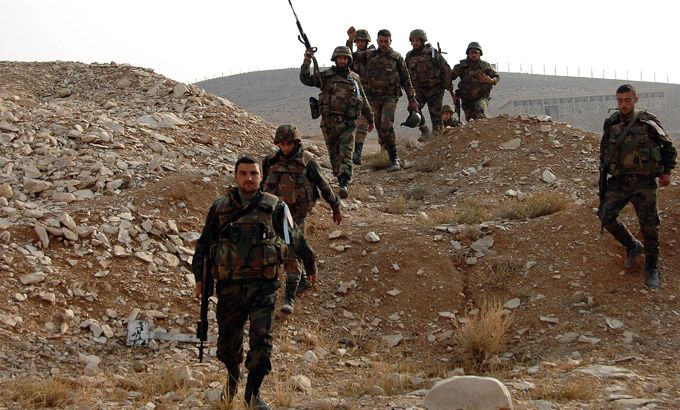
Syria: No country for journalists
Why is Syria’s conflict mostly reported by freelancers and what are the challenges they face?
Syria has become one of the world’s most dangerous places to be a journalist. Since the start of the conflict two years ago, more than 110 media workers have reportedly been killed.
As the nature of the conflict has grown more volatile, news outlets have become understandably reluctant to send staff journalists to cover the story. It has meant that a lot of the reporting has been done by freelance reporters.
Keep reading
list of 4 itemsWall Street Journal cuts Hong Kong staff, shifts focus to Singapore
Abu Dhabi-backed group ends bid to take over Telegraph newspaper
Two Russian journalists arrested over alleged work for Navalny group
I've compared freelancers in war zones to garment workers in Bangladesh. There's a demand for sneakers, for cheap sneakers, and there are garment workers who are willing to make... to be paid very little money, to produce shoes in unsafe conditions. Just like there are freelancers who are willing to work in very unsafe conditions.
But being an independent journalist is tough – the pay is low, you do not get the backing of an employer and if you are kidnapped or injured it can take a while before news gets out.
And in a conflict as dangerous as Syria, the amount of things that can go wrong is pretty high.
“It is the nature of the modern news industry today that more and more of the really dangerous stuff gets done by freelance, independent individuals unsupported by news organisations. Syria’s turned out to be arguably the most dangerous story that journalists have covered, physically dangerous, in, certainly in my career which is, what, 25, 30 years,” says Vaughan Smith, the founder of Frontline Club, London.
Economics has become part of the problem, as shrinking newsroom budgets and journalists losing jobs means media outlets are relying more on independent journalists.
But on Syria, the industry has taken unusual steps to discourage freelancers from covering the war.
Earlier this year, a handful of British papers, including The Times, the Independent, the Guardian and the Observer said they would no longer accept submissions from stringers. The work was just too dangerous.
“What I think has happened in sort of recent years, especially as a result of the Arab Spring, has been a sort of a great number of young journalists going to the Middle East to sort of cut their teeth. The problem we found is that a lot of these guys are fairly inexperienced, have not been to conflict zones necessarily before and lack the skills both journalistically and, you know, frankly survival skills to look after themselves,” says Alistair Dawber, the foreign editor of the Independent.
But the freelance community does get some support from some organisations offering assistance, training and in the case of Syria, advice. Back in August, the Rory Peck Trust released a statement asking freelance reporters to seriously consider turning down assignments in the country.
Listening Post‘s Gouri Sharma reports on the challenges freelance journalists face to bring the story out of Syria.
Listening Post can be seen each week at the following times GMT: Saturday: 0830, 1930; Sunday: 1430; Monday: 0430. Click here for more Listening Post |
